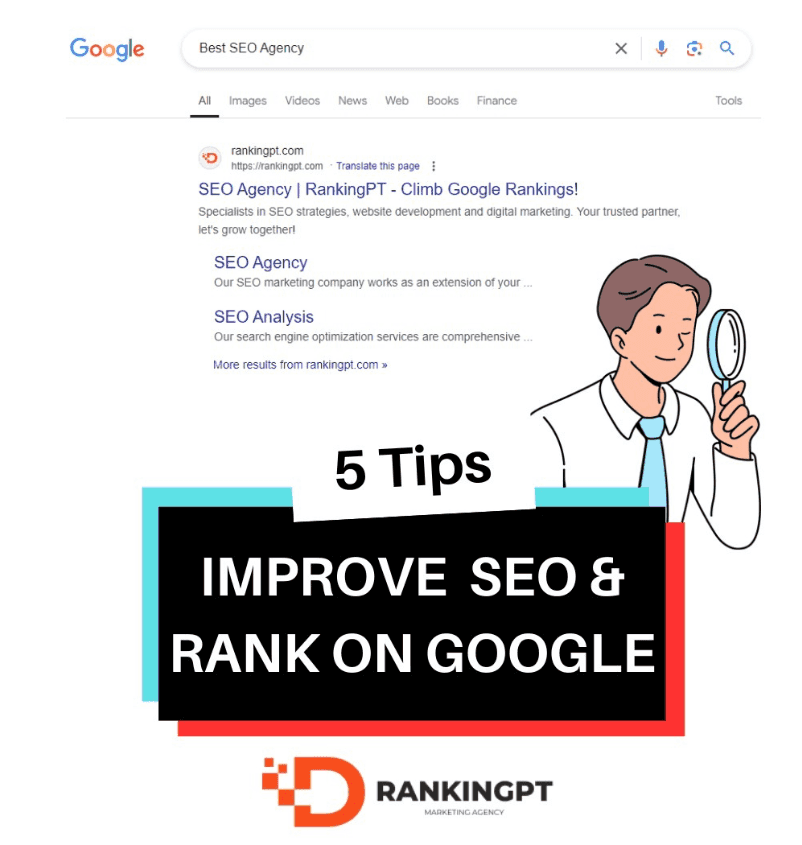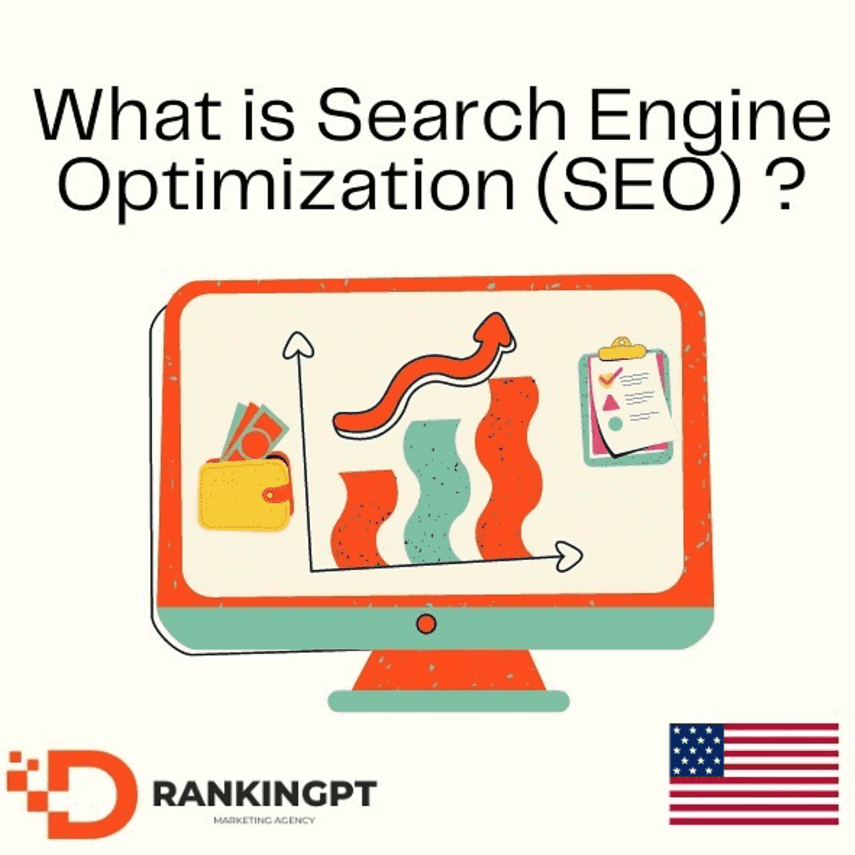Does ChatGPT generated text hurt your SEO?
Introduction
With the invention of AI technologies, content creation has never been easier. Tools like ChatGPT are revolutionizing how we generate text, making it possible to produce high-quality content at lightning speed. But as with any innovation, there are potential pitfalls. Specifically, many content creators, SEO professionals, and digital marketers are asking, “Does ChatGPT generated text hurt your SEO?” In this blog post, we’ll explore this question in depth. We’ll look at what ChatGPT is, its implications for SEO, and best practices for using AI-generated text effectively.
What is ChatGPT?
ChatGPT is an advanced language model developed by OpenAI. It’s designed to understand context and generate human-like text based on the input it receives. Whether it’s drafting emails, writing essays, or creating blog posts, ChatGPT can do it all. But how does it work? The technology behind ChatGPT involves machine learning algorithms trained on vast amounts of text data. These algorithms can predict the next word in a sentence, allowing the model to generate coherent and contextually relevant text. Despite its impressive capabilities, there are concerns about how such technology affects SEO.
The SEO Dilemma
When it comes to SEO, originality, relevance, and user engagement are crucial. Using AI-generated text can compromise these elements if not done thoughtfully. One of the primary concerns is originality. Search engines value unique content, and AI-generated text can sometimes fall into the trap of being too generic or repetitive. Additionally, relevance is key. If the AI doesn’t fully understand the context, it may produce content that isn’t closely aligned with the target keywords, potentially confusing both users and search engines. Finally, user engagement can suffer if readers find the content less engaging or authentic, leading to higher bounce rates and lower rankings. Overall Human content will always rank better than machine-made content and search engines can easily tell the difference between the two.
Let’s Ask ChatGPT itself
This is what ChatGPT told us when asked about generating content:
Creativity is a very important factor when it comes to writing and this goes to all the potential challenges that ChatGPT gave us, ChatGPT is not a tool to let’s say develop a full article about why we should not use it for content generation but it’s a very good tool to ask for pros and cons or to give us topic ideas regarding a subject.
Case Studies
Let’s look at some real-world examples to understand the impact of AI-generated content on SEO. In one case, a digital marketing agency used ChatGPT to generate blog posts. Initially, the site’s traffic increased due to the rapid production of content. However, over time, they noticed a decline in user engagement and a drop in search rankings. Conversely, another company used AI-generated text as a supplement to human-written content. They found that by carefully editing and optimizing the AI-generated text, they could maintain high levels of originality and relevance, resulting in improved SEO performance. These examples highlight the importance of strategy and execution when using AI-generated text.
AI can be used to help with the writing itself but should never be used for the full content creation. It’s an optimal tool for ideas or drafts and that is the purpose it should be given.
Best Practices for Using ChatGPT or Similar Tools
If you decide to incorporate AI-generated text into your content strategy, there are several best practices to follow. First, always ensure originality. Use AI-generated text as a starting point, but add your unique insights and perspectives. Second, optimize for SEO by integrating target keywords naturally into the content. Make sure the AI-generated text aligns with your overall content strategy. Third, continuously monitor user engagement metrics. Pay attention to bounce rates, time on the page, and other indicators to ensure your content resonates with your audience. By following these guidelines, you can harness the power of AI without compromising your SEO.
Looking Ahead
The future of AI-generated content and SEO is exciting but uncertain. As technology advances, we can expect AI models to become even more sophisticated, potentially overcoming some of the current limitations. However, content creators must remain vigilant. The key to success will be adaptability. Stay updated on SEO best practices, continuously refine your content strategy, and be prepared to pivot as new challenges and opportunities arise. By doing so, you’ll be well-positioned to thrive in an evolving digital landscape.
Conclusion
In summary, AI-generated text like ChatGPT offers incredible potential for content creation but comes with its own set of challenges. When asking, “Does ChatGPT generated text hurt your SEO?” the answer lies in how you use it. By understanding the risks and following best practices, you can leverage AI as a powerful tool without sacrificing your SEO efforts. For content creators, SEO professionals, and digital marketers, the message is clear: Be mindful, strategic, and adaptable. The future of content is here, and it’s time to make the most of it. There will always be cons and pros for the use of AI in business and marketing but at the end of the day it will just depend on how you end up using it.
Incorporate these insights into your content strategy today and see how AI can elevate your SEO game while maintaining the quality and authenticity your audience deserves.





